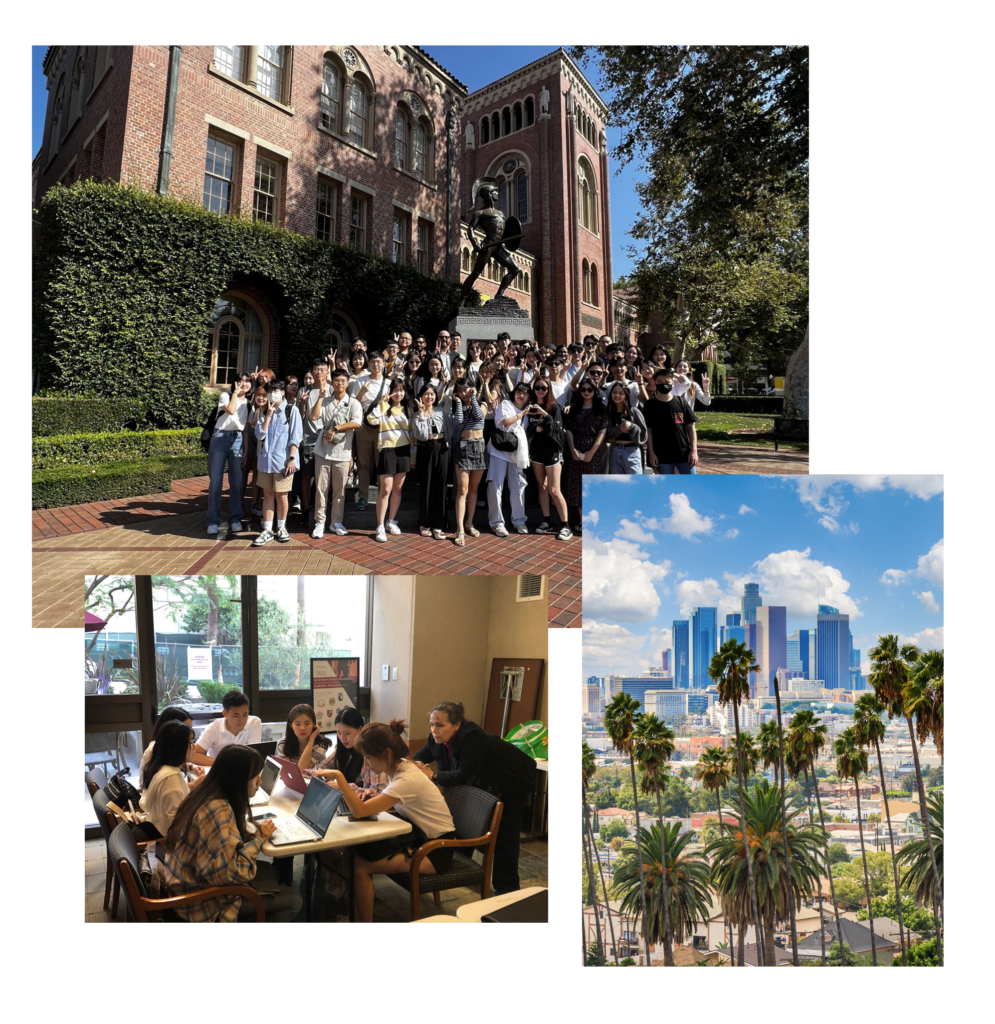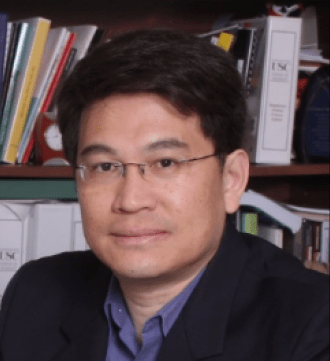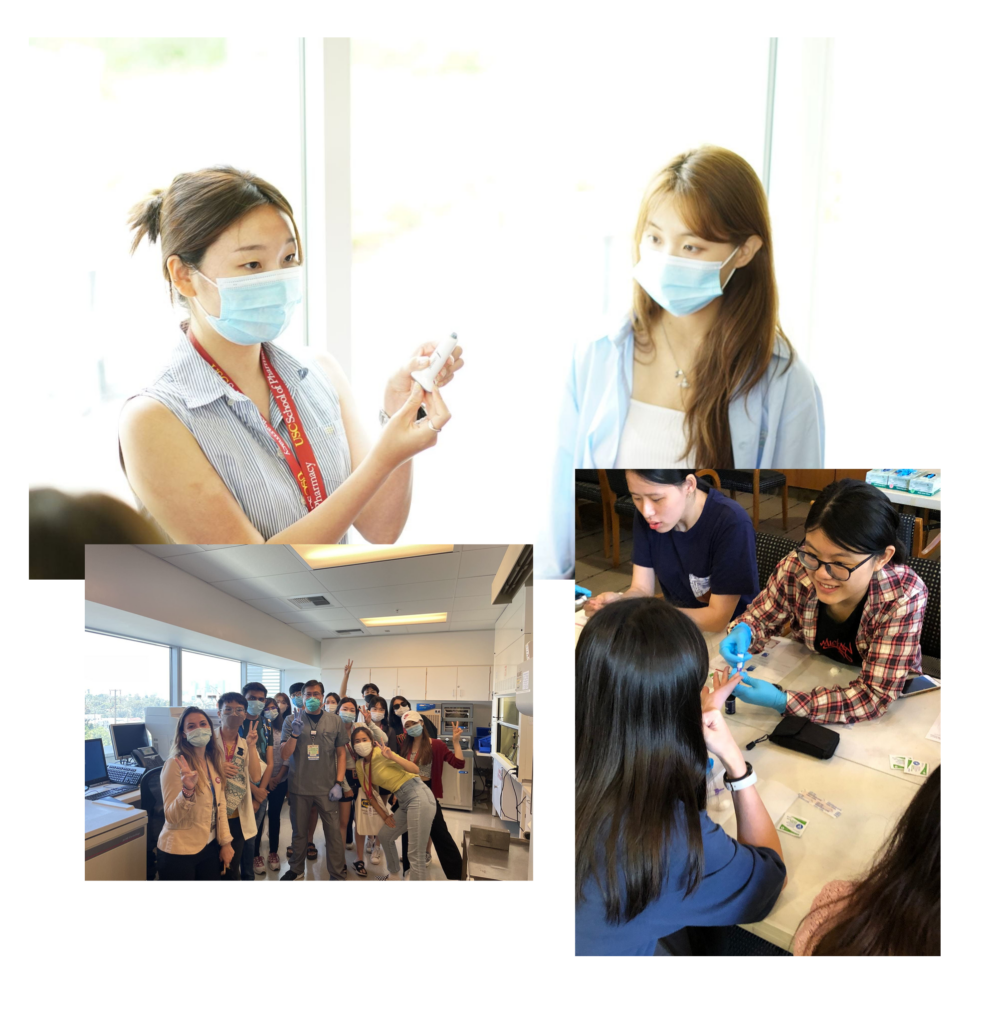
Eunjoo Pacifici, PharmD, PhD
- Chair & Associate Professor of the Department of Regulatory and Quality Sciences
Eunjoo Pacifici is an expert in drug regulations, the global pharmaceutical market, and international medical product regulations.

The USC Mann School of Pharmacy and Pharmaceutical Sciences has created an innovative, group-based course that integrates expertise in drug development, clinical treatment, and regulatory science. Students will work in interdisciplinary and international teams as they trace the journey of a drug through all stages from the laboratory to the market. USC faculty members will lead learning modules in the core content areas. Teams will present their final project at the conclusion of the program.
University of Southern California Health Sciences Campus




Lorem ipsum dolor sit amet, consectetur adipiscing elit. Ut elit tellus, luctus nec ullamcorper mattis, pulvinar dapibus leo.
The Summer Program fee is listed below. Fees indicated include all program/administrative fees (including visa invitation) and coursework preparation and delivery by faculty members.
Four-week program: USD $2,700
Program payment deadline: May 17, 2024
Housing payment deadline: August 30, 2024
Program cancellation: Full refund by June 20, 2024 minus the nonrefundable $500 visa fee.
*Please note that program fees do not include insurance, international or domestic travel, housing, meals (other than those provided for during social/cultural events), or visa costs payable to the U.S. Consular Affairs.
Price: $50 per person/night + 14% LA City bed tax (bed tax waived if guest stays 31+ nights)
To view the schedule for the 2024 International Student Summer Program (ISSP), click here.
May 10
Deadline to register for housing (registration form)
May 24
Last day to submit I-20 requests. Instructions sent via email.
June 3
Last day to apply for USCard (USC ID). Learn more at USCard Services
June 18
ISSP Pre-Departure Orientation on Zoom. Links will be provided a few days prior to the event.
June 24
ISSP program fees due upon receipt of invoice. Invoice sent via email no later than June 1.
August 30
Housing fees due. Invoice sent via email no later than August 16.

Admission to the program is by nomination only. Once USC receives nominations from its partner universities, nominated students will receive a secure link to an online application form.
Nomination forms due: March 1
Online Application form due: March 15

